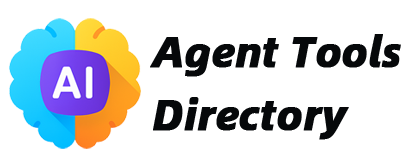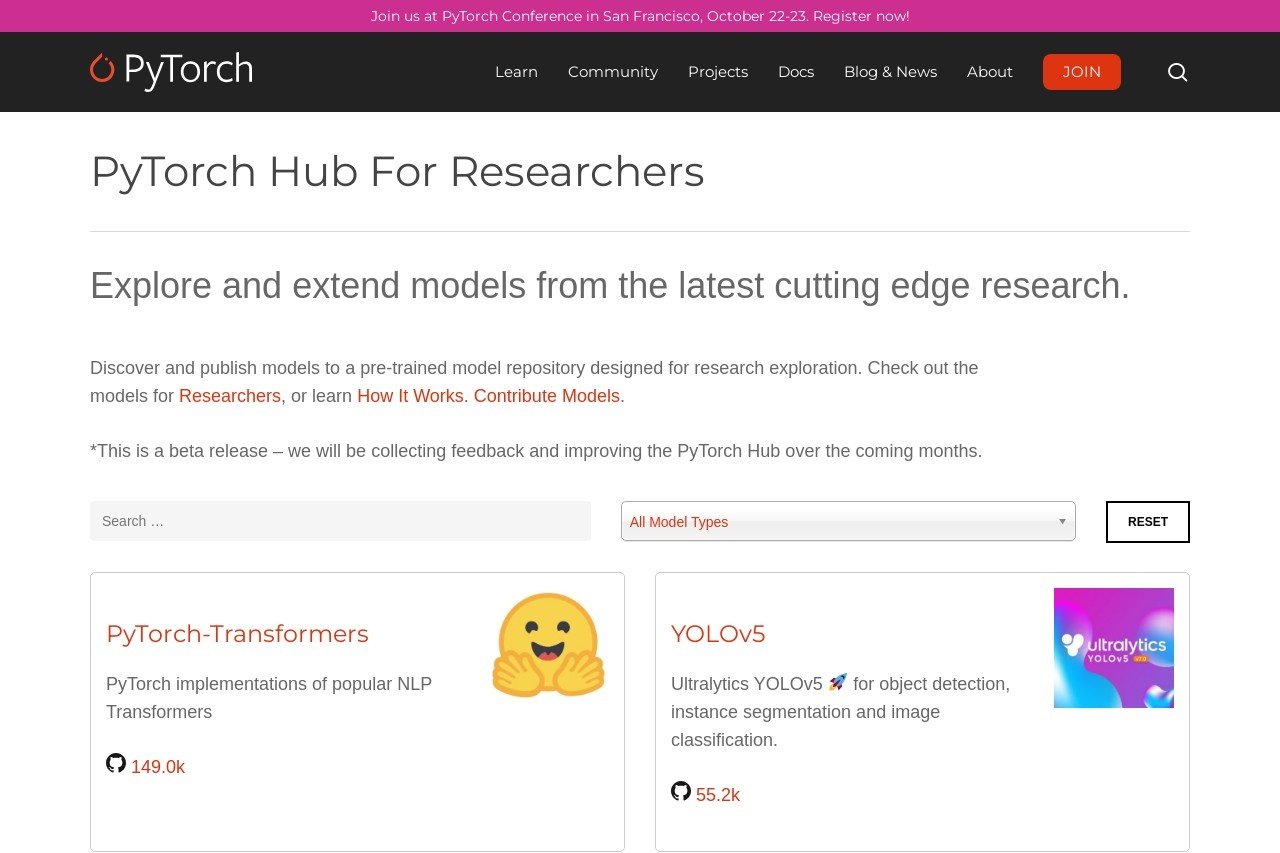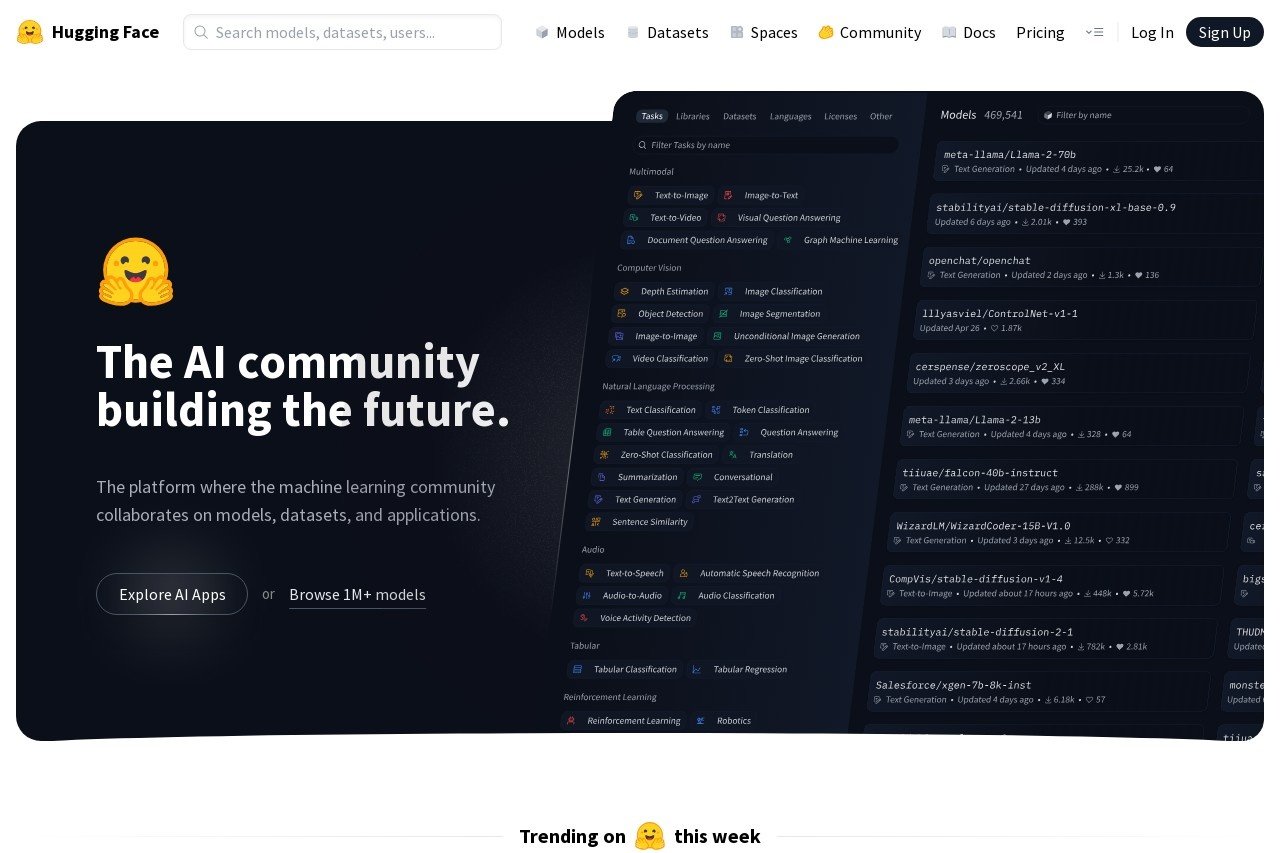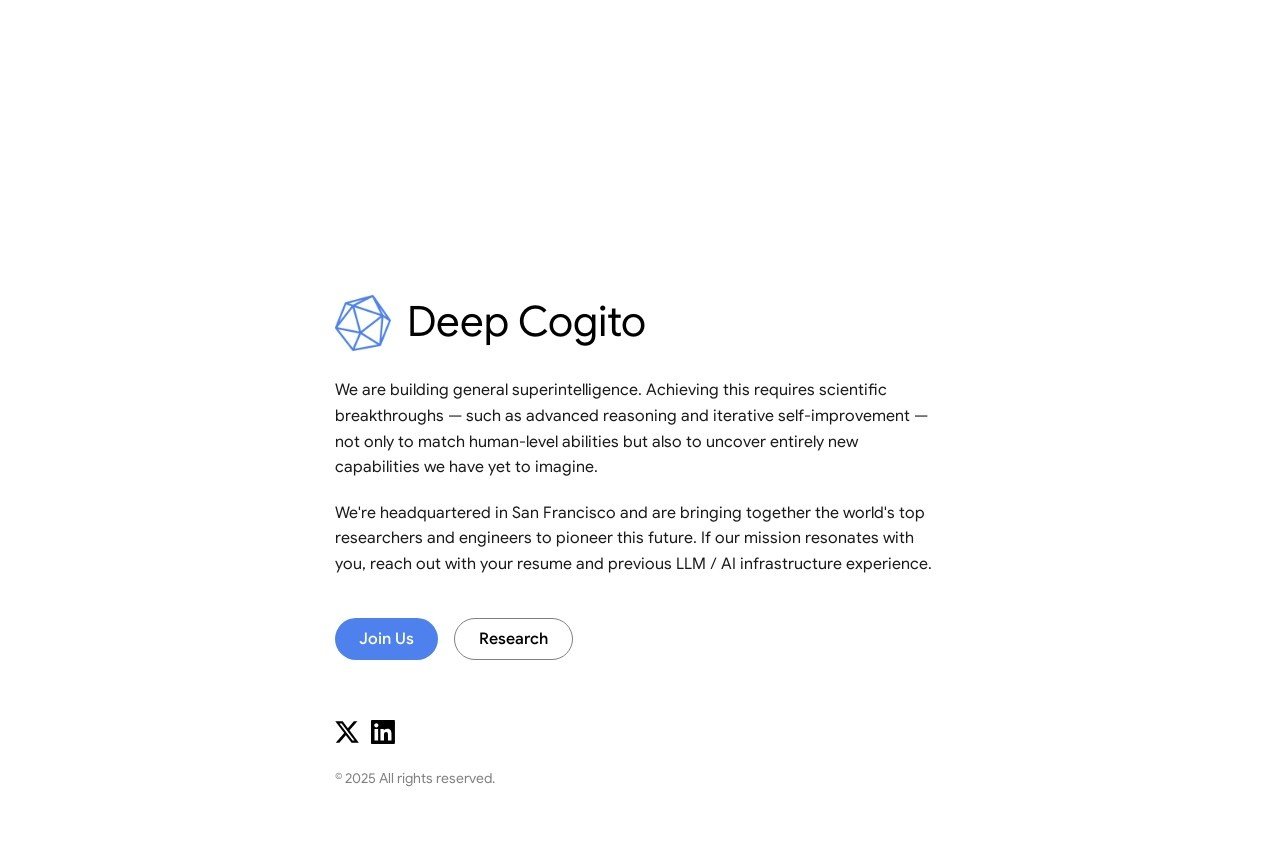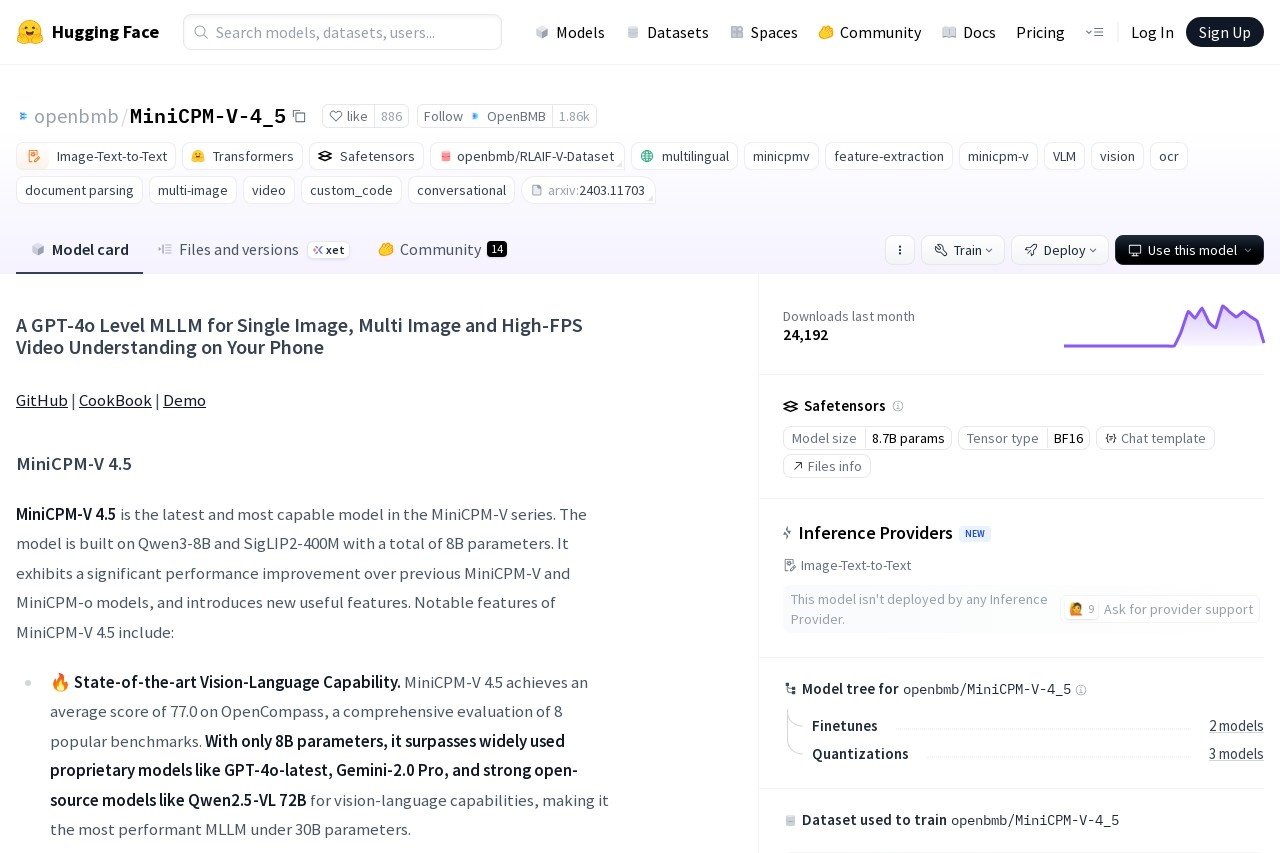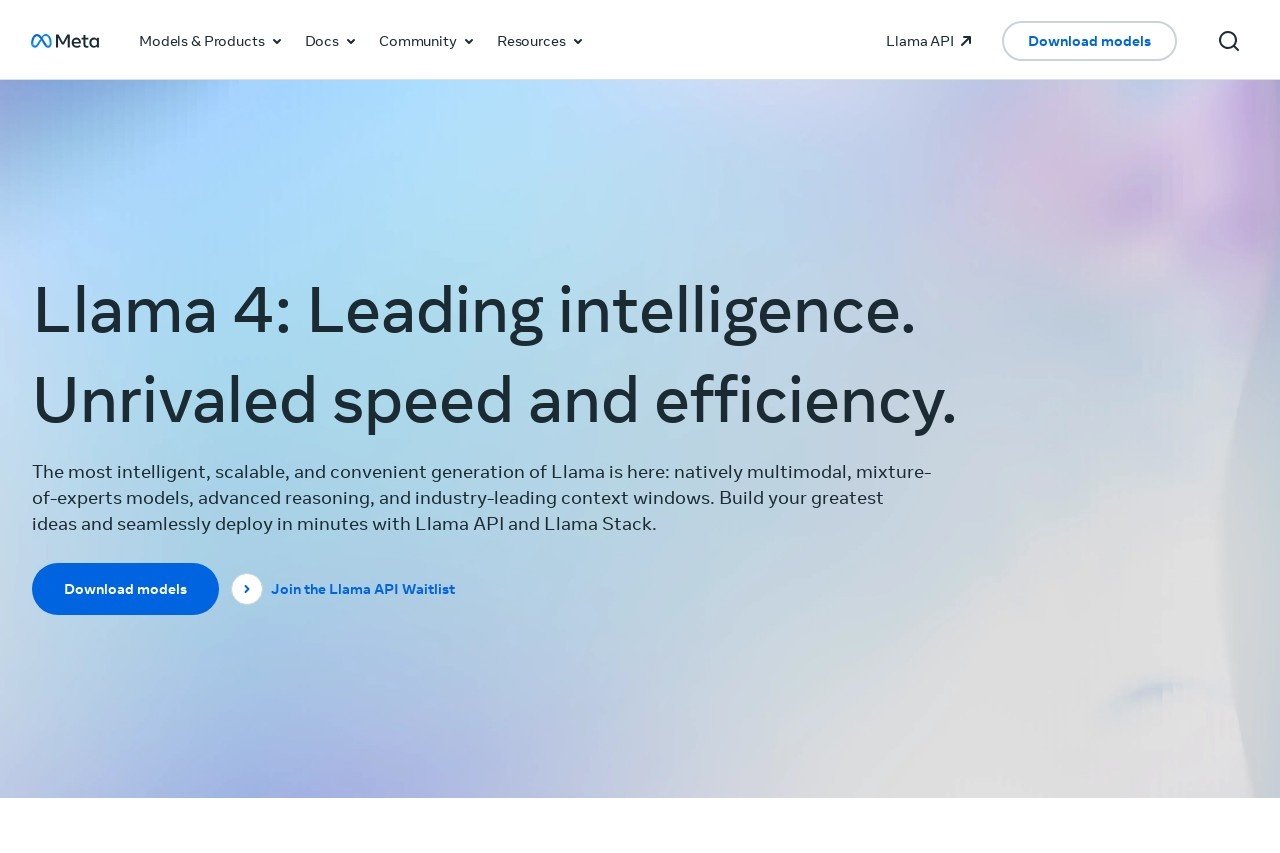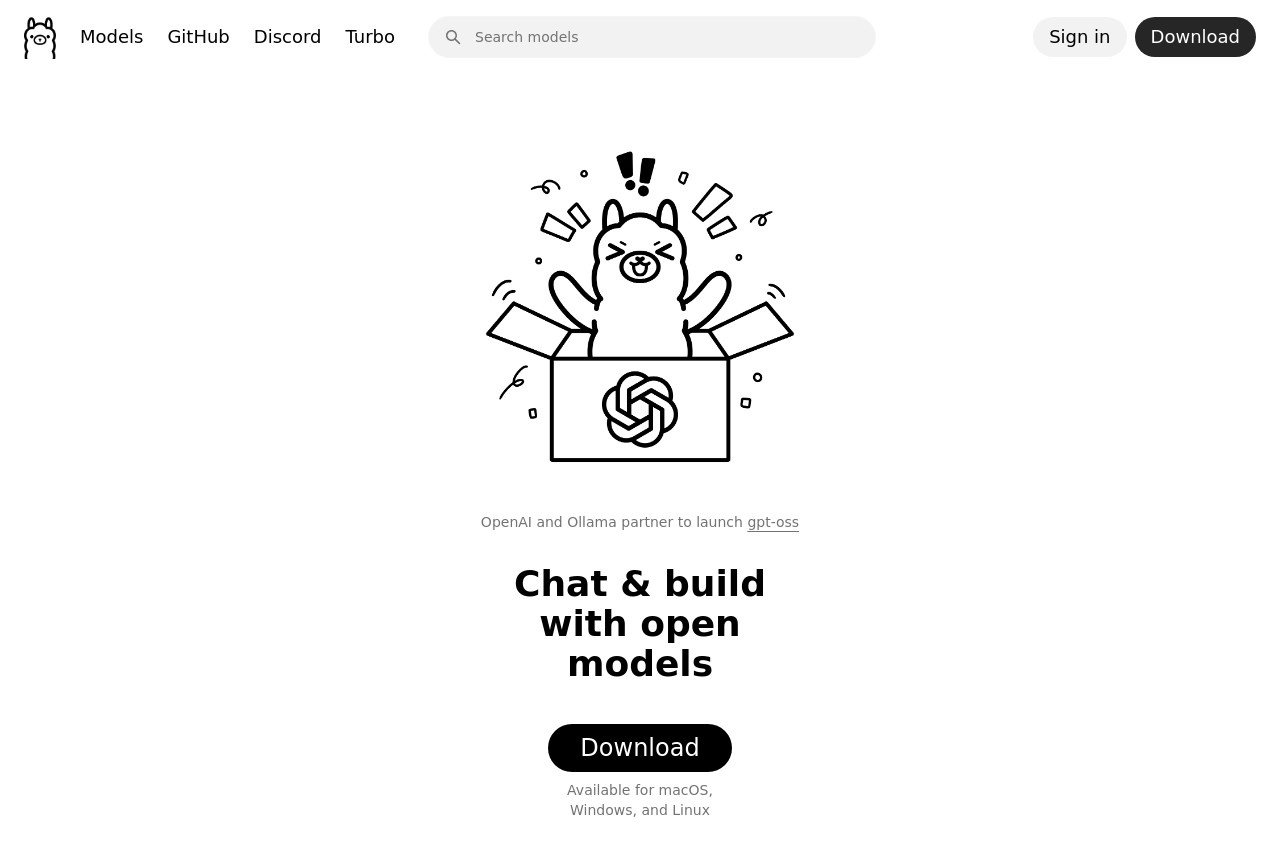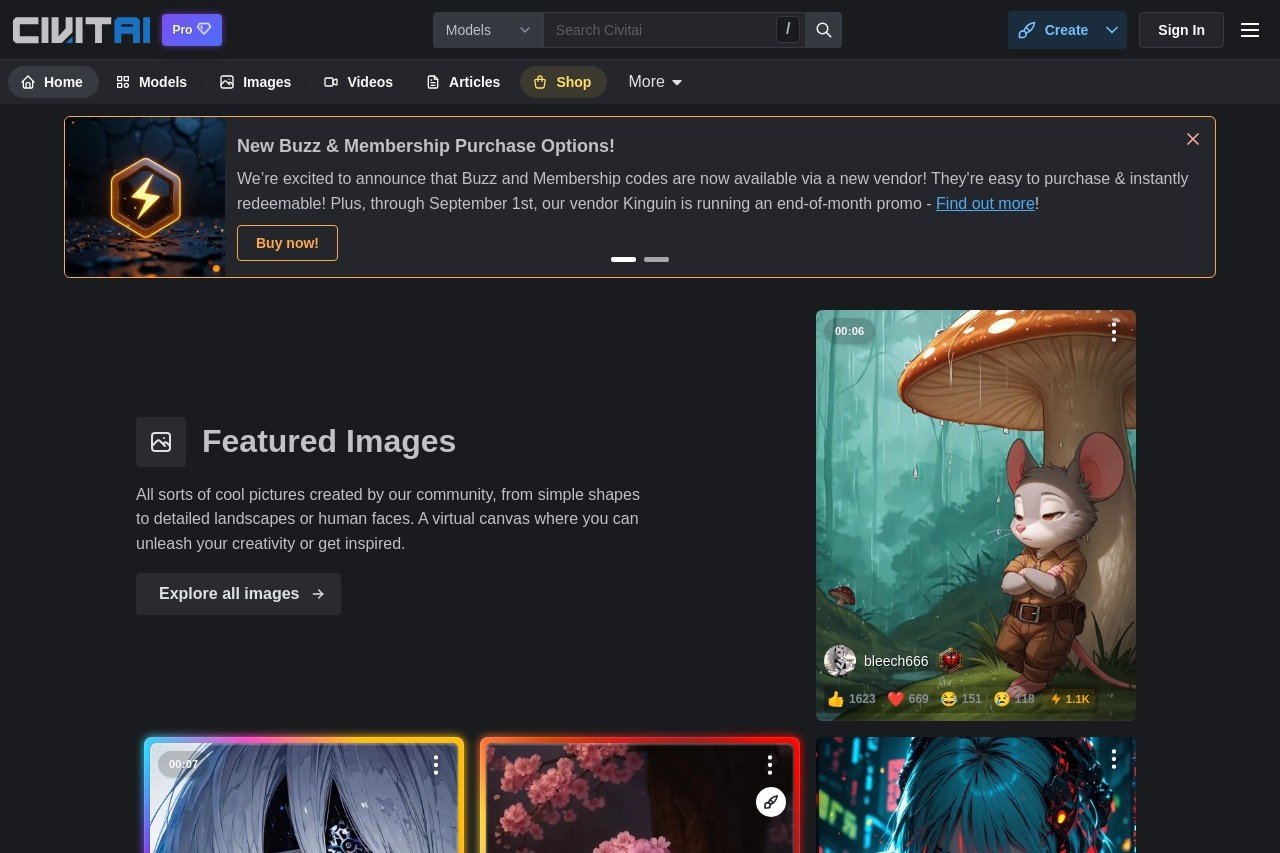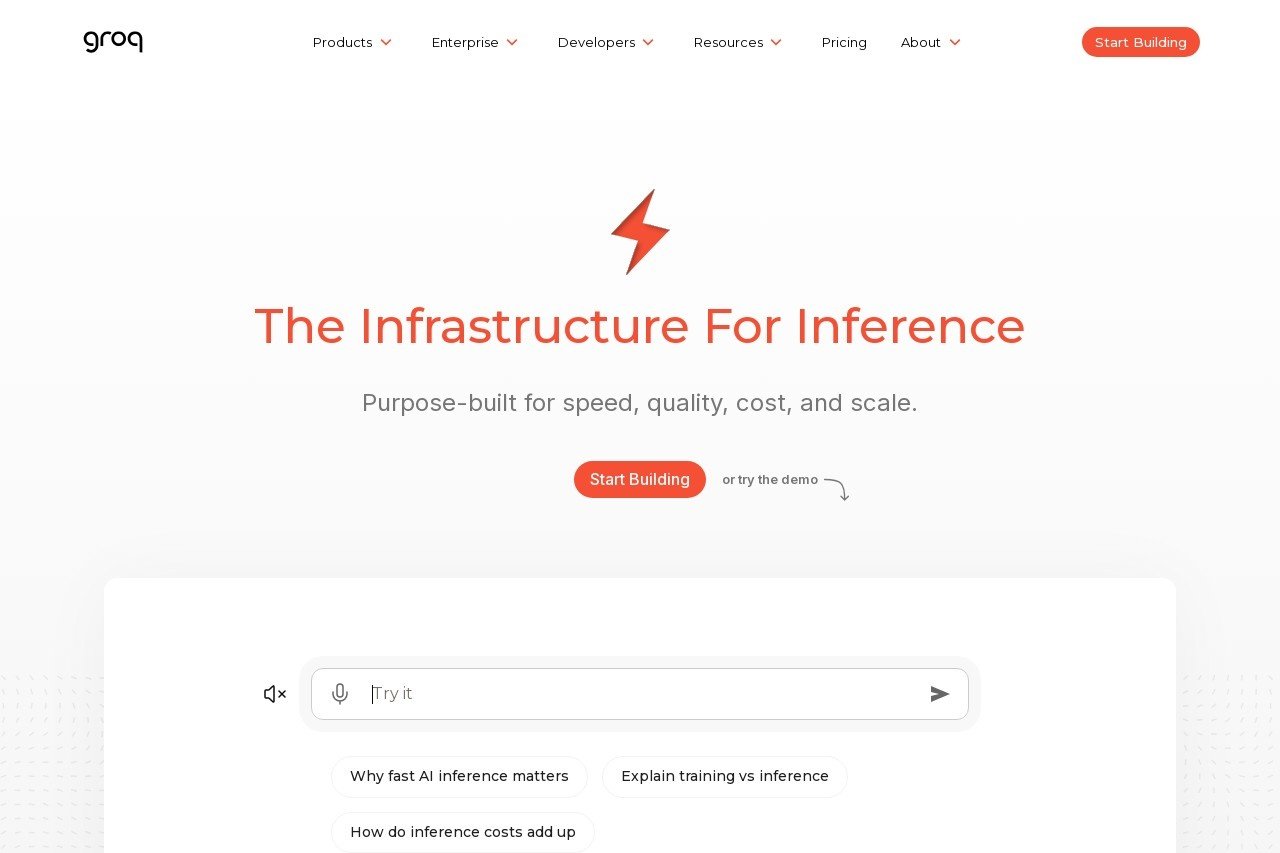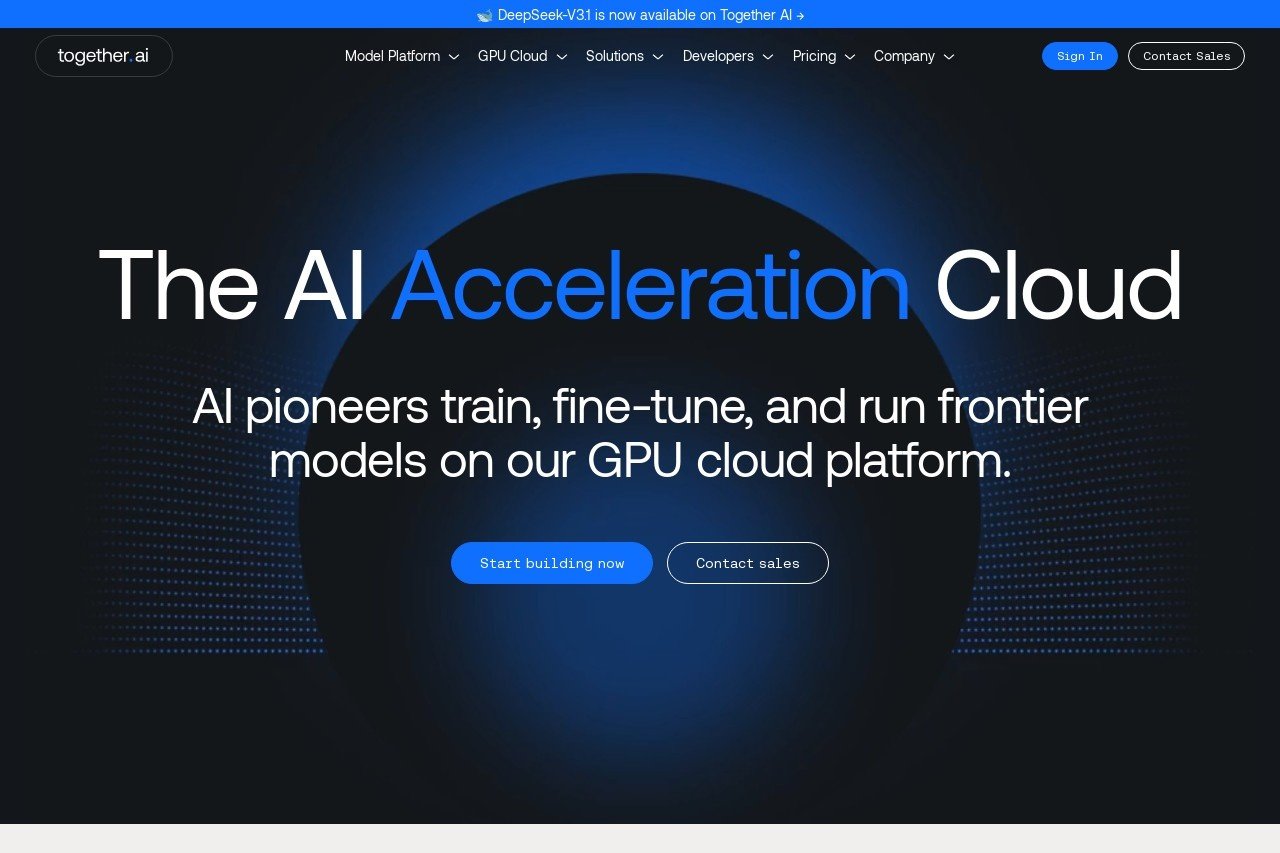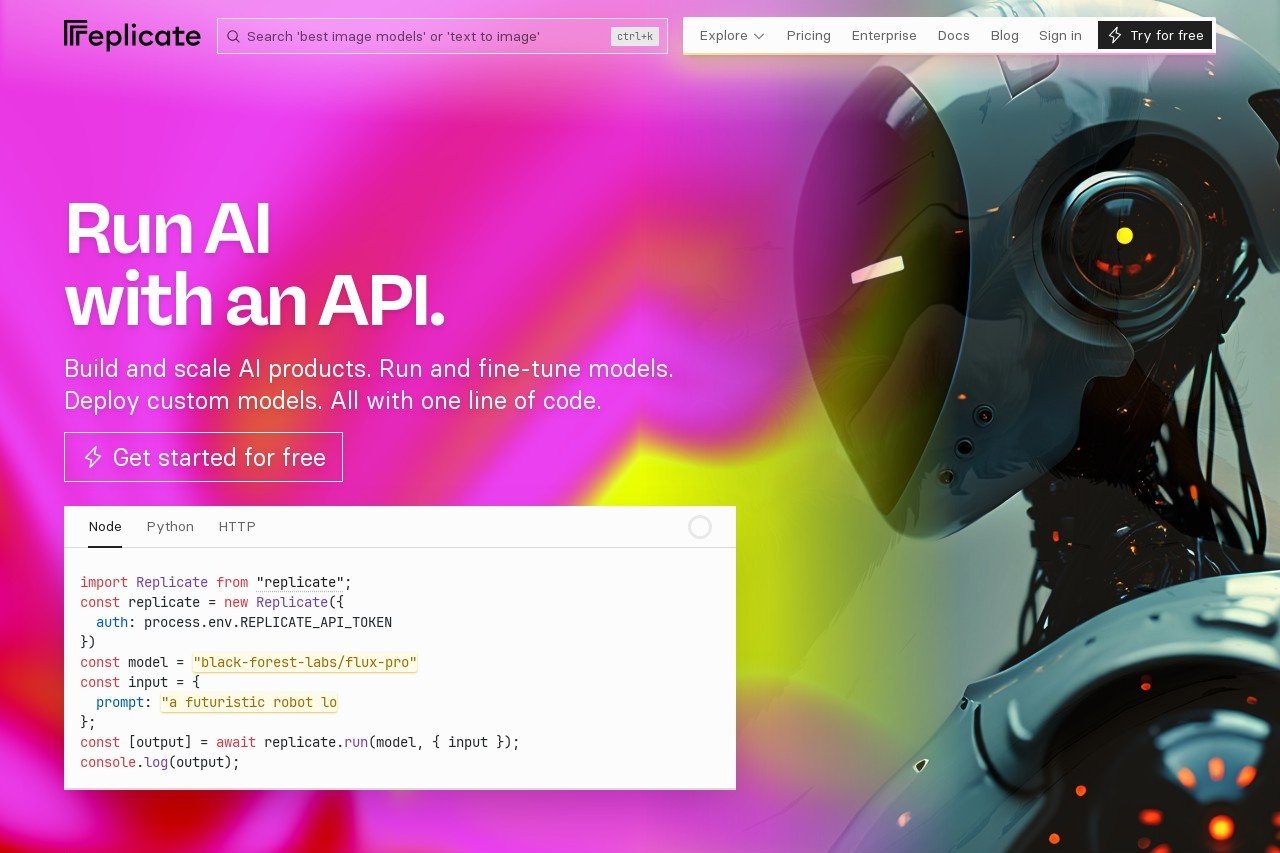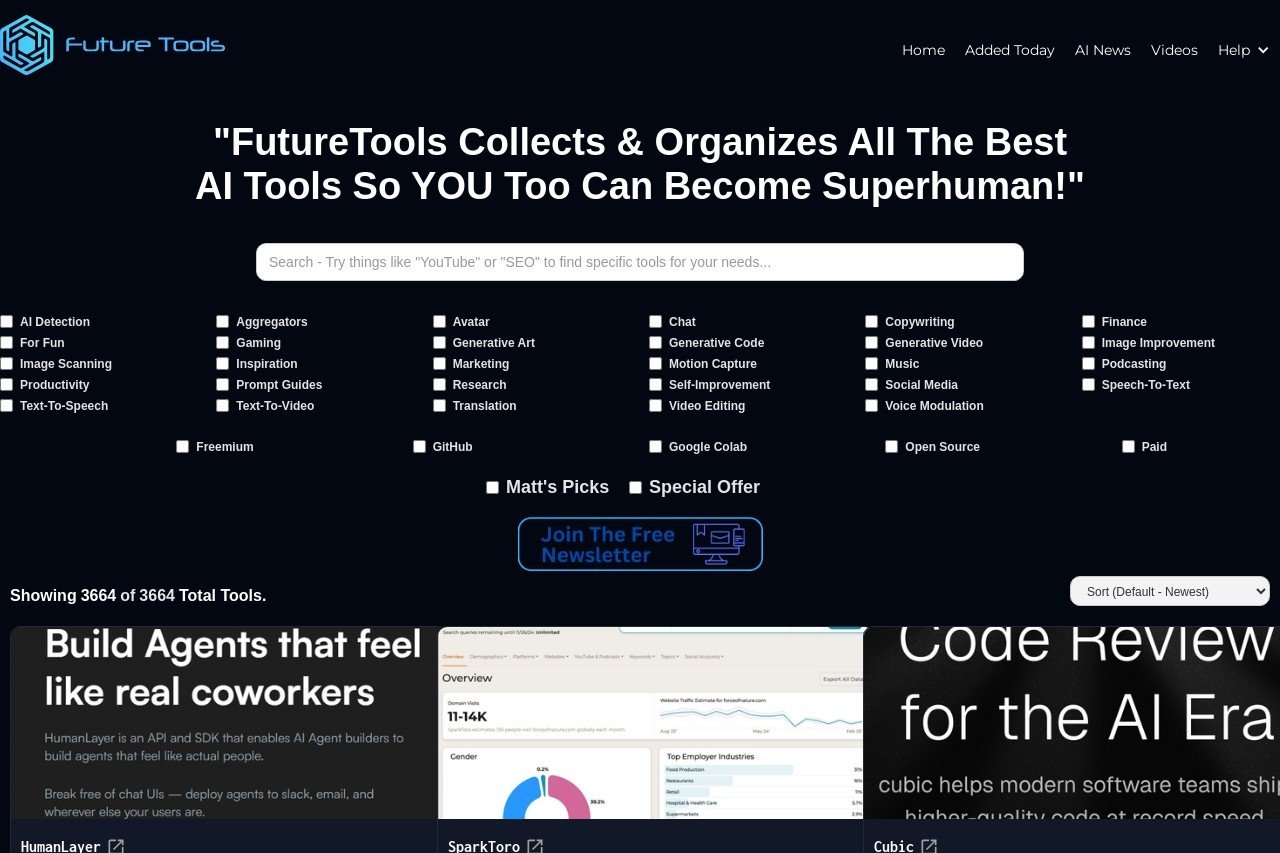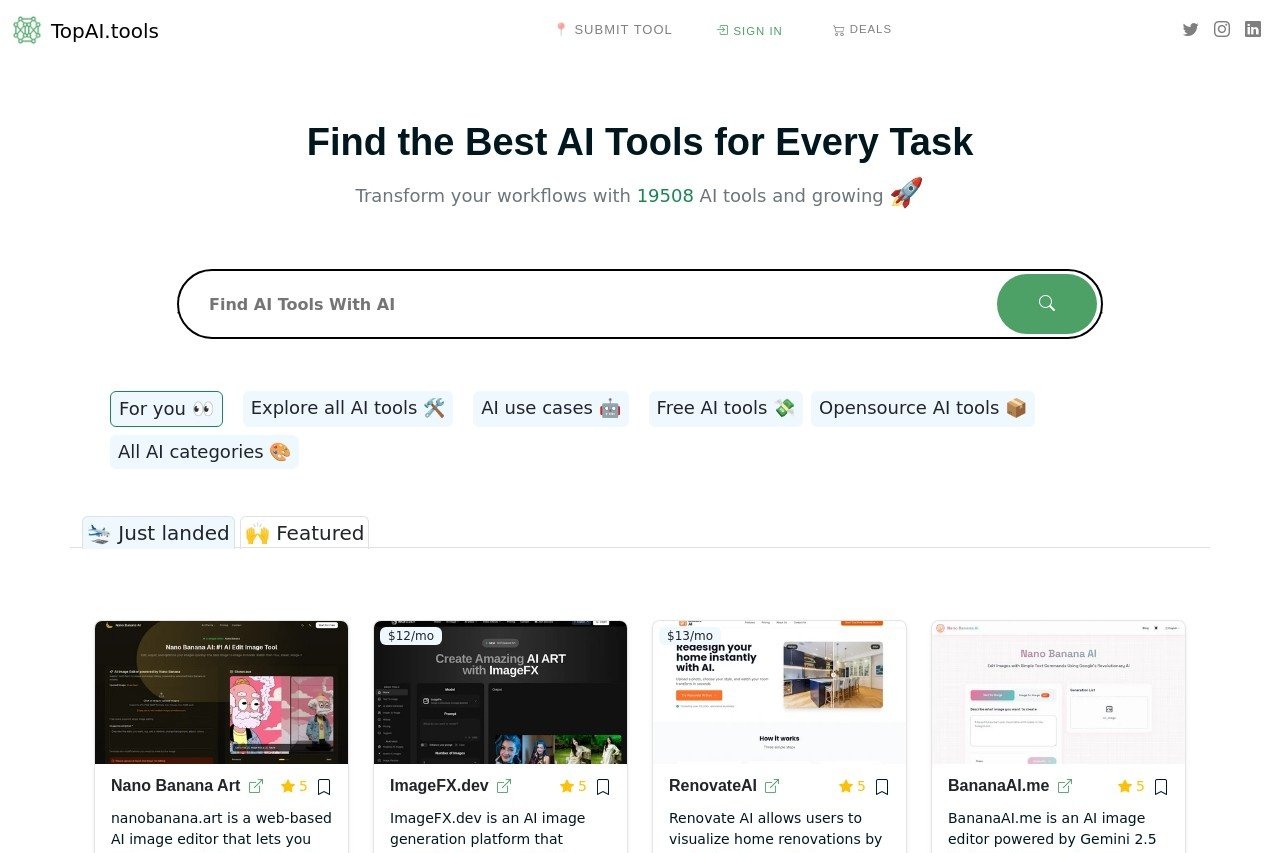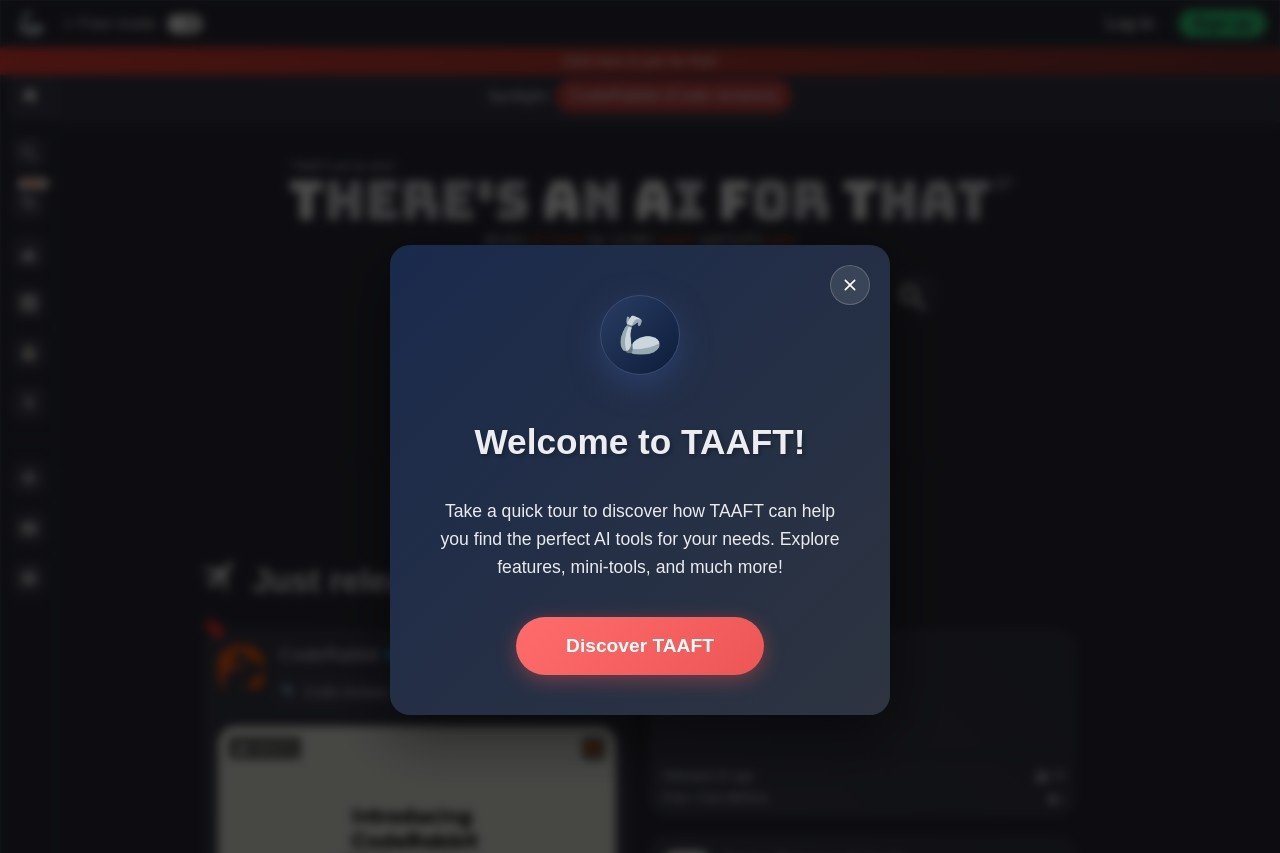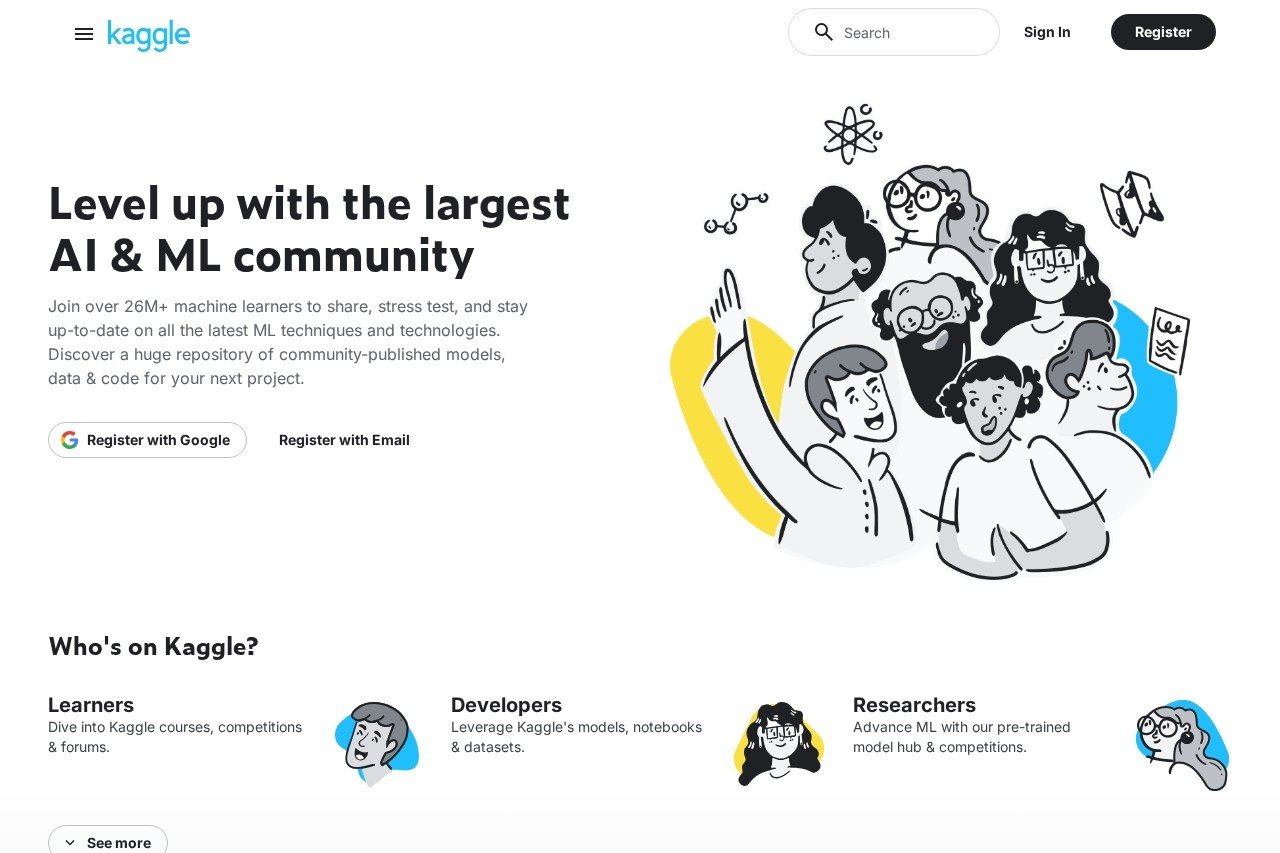
Kaggle is the largest global data science community offering tools and resources to support data science goals.
Kaggle
Introduction
Kaggle stands as the world's largest and most renowned data science community. It provides a powerful platform where data scientists, machine learning engineers, and analysts of all skill levels can collaborate, compete, and learn. By offering a comprehensive suite of tools and resources, Kaggle empowers individuals and organizations to achieve their data science objectives efficiently.
Key Features
Kaggle's ecosystem is built around several core features designed to foster learning and collaboration.
- Competitions: Participate in real-world data science challenges hosted by companies and organizations to solve complex problems and win prizes.
- Datasets: Access and share thousands of publicly available datasets on virtually any topic, making data discovery effortless.
- Notebooks: Utilize a cloud-based Jupyter Notebook environment with free access to GPUs and TPUs for coding and model development.
- Courses: Learn essential data science skills through short, practical courses and earn micro-certifications.
- Discussion Forums: Engage with a vibrant community to ask questions, share insights, and find collaborators.
Key Advantages
What sets Kaggle apart is its unique combination of community-driven knowledge and robust infrastructure.
- Hands-on Learning: There is no better way to learn than by doing. Kaggle provides a practical environment to apply theoretical knowledge.
- Collaborative Environment: The platform encourages "kernels" (notebooks) where users can share code and approaches, fostering a culture of open learning.
- Career Opportunities: Performing well in competitions and building a strong profile can significantly enhance your visibility to potential employers.
- Access to Powerful Hardware: The free tier includes access to high-performance computing resources, lowering the barrier to entry for complex model training.
Target Audience
Kaggle is an invaluable resource for a wide range of individuals passionate about data.
- Aspiring Data Scientists: Beginners can use the courses, datasets, and notebooks to build a portfolio and gain practical experience.
- Experienced Practitioners: Professionals can stay sharp by competing in challenges, exploring new techniques, and networking with peers.
- Researchers and Academics: The platform is ideal for testing algorithms, finding relevant datasets, and disseminating research findings.
- Companies: Organizations can host competitions to crowdsource innovative solutions to their toughest data problems.
Frequently Asked Questions
Here are answers to some common queries about the platform.
- Is Kaggle free to use? Yes, the core features including competitions, datasets, notebooks, and courses are free.
- Do I need to be an expert to start? Not at all. Kaggle is designed for all levels, with dedicated resources for beginners to get started.
- How can Kaggle help my career? A strong Kaggle profile showcasing competition rankings and shared notebooks serves as a powerful portfolio for job applications.
- What is a Kaggle Notebook? It is a cloud-based coding environment that allows you to write and execute Python/R code without any setup on your local machine.
Introduction to Kaggle
Kaggle is a premier online community and platform for data scientists and machine learning enthusiasts. It provides a collaborative environment where users can access datasets, build models, and participate in competitions to solve real-world problems. One of its key offerings is the ability to access and download pre-trained models, significantly accelerating the development of machine learning applications.
Key Features
Kaggle offers a comprehensive suite of tools and resources designed to support the entire machine learning workflow. Users can leverage these features to enhance their projects and streamline their processes.
- Access to a vast repository of pre-trained models for various applications.
- Interactive notebooks with free GPU and TPU support for experimentation.
- Datasets covering diverse domains, from healthcare to finance.
- Competitions that challenge users to solve complex problems and win prizes.
- Collaborative forums for discussion, knowledge sharing, and feedback.
Unique Advantages
Kaggle stands out due to its user-centric approach and robust infrastructure. It combines accessibility with powerful capabilities, making it an invaluable resource for both beginners and experts.
- Free access to high-performance computing resources, lowering the barrier to entry.
- A vibrant community that fosters learning and collaboration through forums and kernels.
- Regularly updated content, including state-of-the-art models and datasets.
- Integration with popular tools like Python, R, and Jupyter notebooks for seamless workflow.
Target Audience
Kaggle is designed for a wide range of users, from students and researchers to professionals in the field of data science and machine learning. It is particularly beneficial for:
- Data scientists seeking pre-trained models to reduce development time.
- Students and educators looking for practical learning resources and real-world projects.
- Researchers needing large, diverse datasets for experiments and analysis.
- Companies and developers aiming to leverage machine learning without starting from scratch.
Frequently Asked Questions
Many users have common questions when starting with Kaggle. Here are some answers to help you get started.
- Is Kaggle free to use? Yes, most features, including access to models and datasets, are available at no cost.
- How do I download a pre-trained model? Navigate to the "Models" section, choose your desired model, and follow the download instructions provided.
- Can I use Kaggle for commercial purposes? Always check the license of specific models or datasets, as terms may vary.
- What programming languages are supported? Kaggle primarily supports Python and R through its notebook environment.
